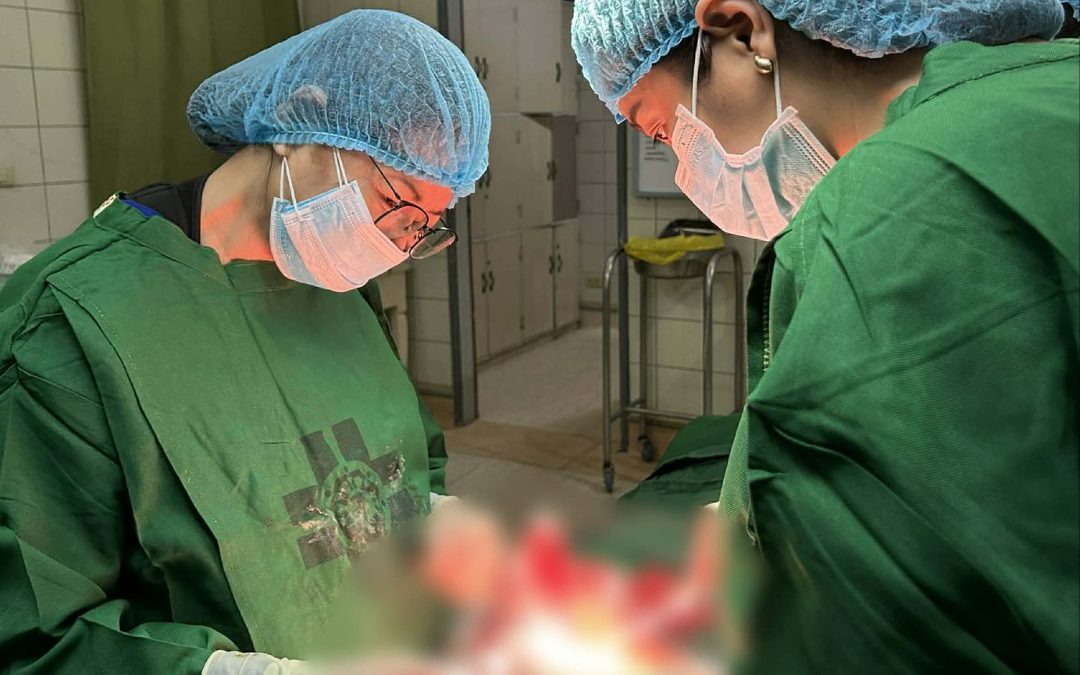Sarcoma is a type of cancer that develops in the connective tissues of the body, including muscles, tendons, fat, blood vessels, lymph vessels, and nerves. It can also occur in bones (bone sarcoma) and soft tissues (soft tissue sarcoma).

Symptoms:
- Painless Lump or Swelling: Most common symptom, often growing larger over time.
- Pain or Tenderness: Especially when a tumor presses on nerves or muscles.
- Limited Mobility: If a tumor affects joints or muscles.
- Other Symptoms: Can include fatigue, weight loss, or a feeling of fullness.
Treatment:
- Surgery: Primary treatment to remove the tumor if possible.
- Radiation Therapy: Used before surgery to shrink tumors or after to kill remaining cancer cells.
- Chemotherapy: May be used for certain types of sarcoma to kill cancer cells throughout the body.
- Targeted Therapy: Uses drugs to specifically target cancer cells with minimal damage to normal cells.
- Immunotherapy: Enhances the body’s immune system to recognize and attack cancer cells.
Prevention:
- Regular Physical Activity: Helps maintain a healthy weight and reduces cancer risk.
- Avoiding Harmful Substances: Such as tobacco and excessive alcohol.
- Early Detection: Regular health check-ups and prompt medical attention for any unusual symptoms or lumps.
Understanding these aspects can aid in early detection and effective management of sarcoma.



